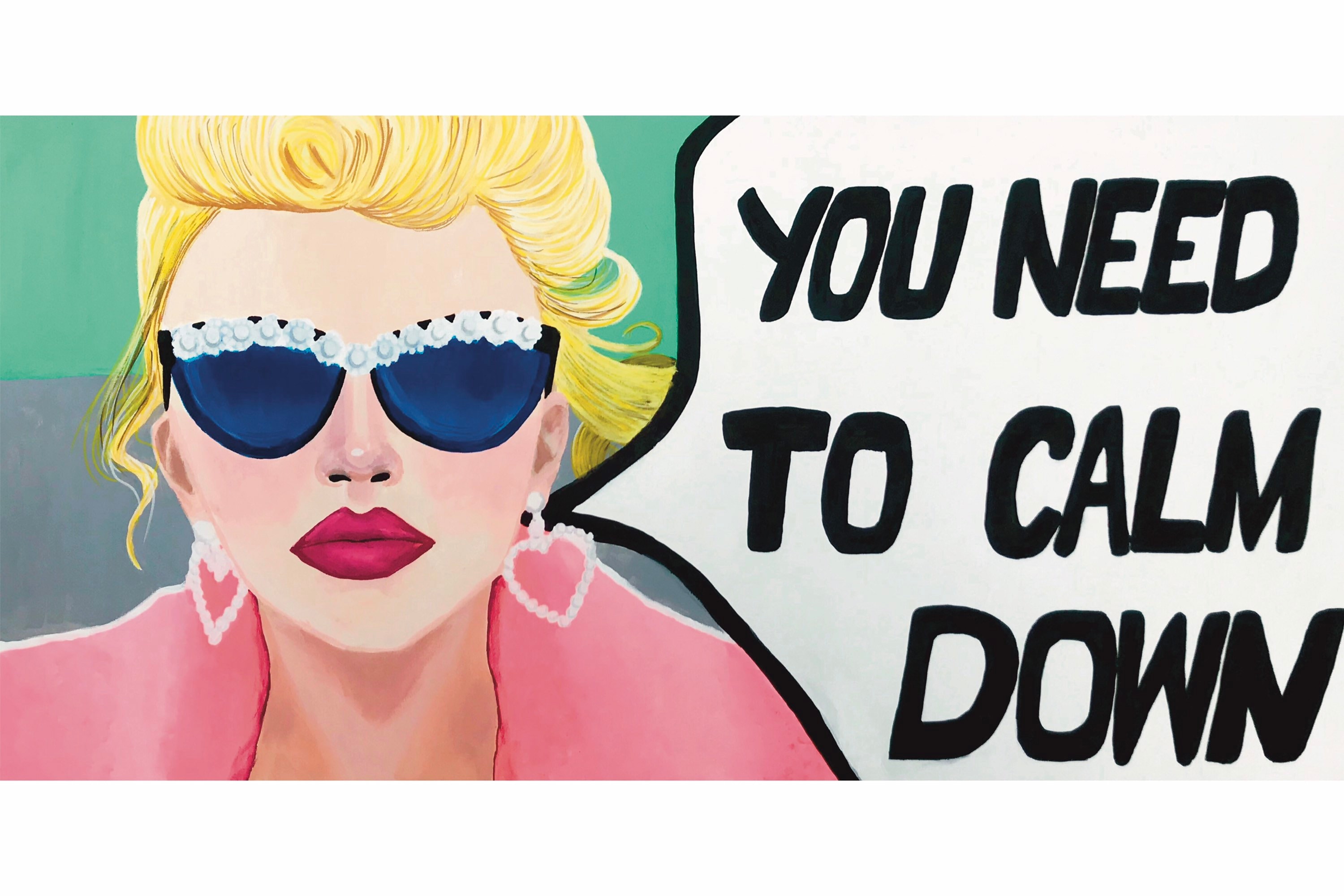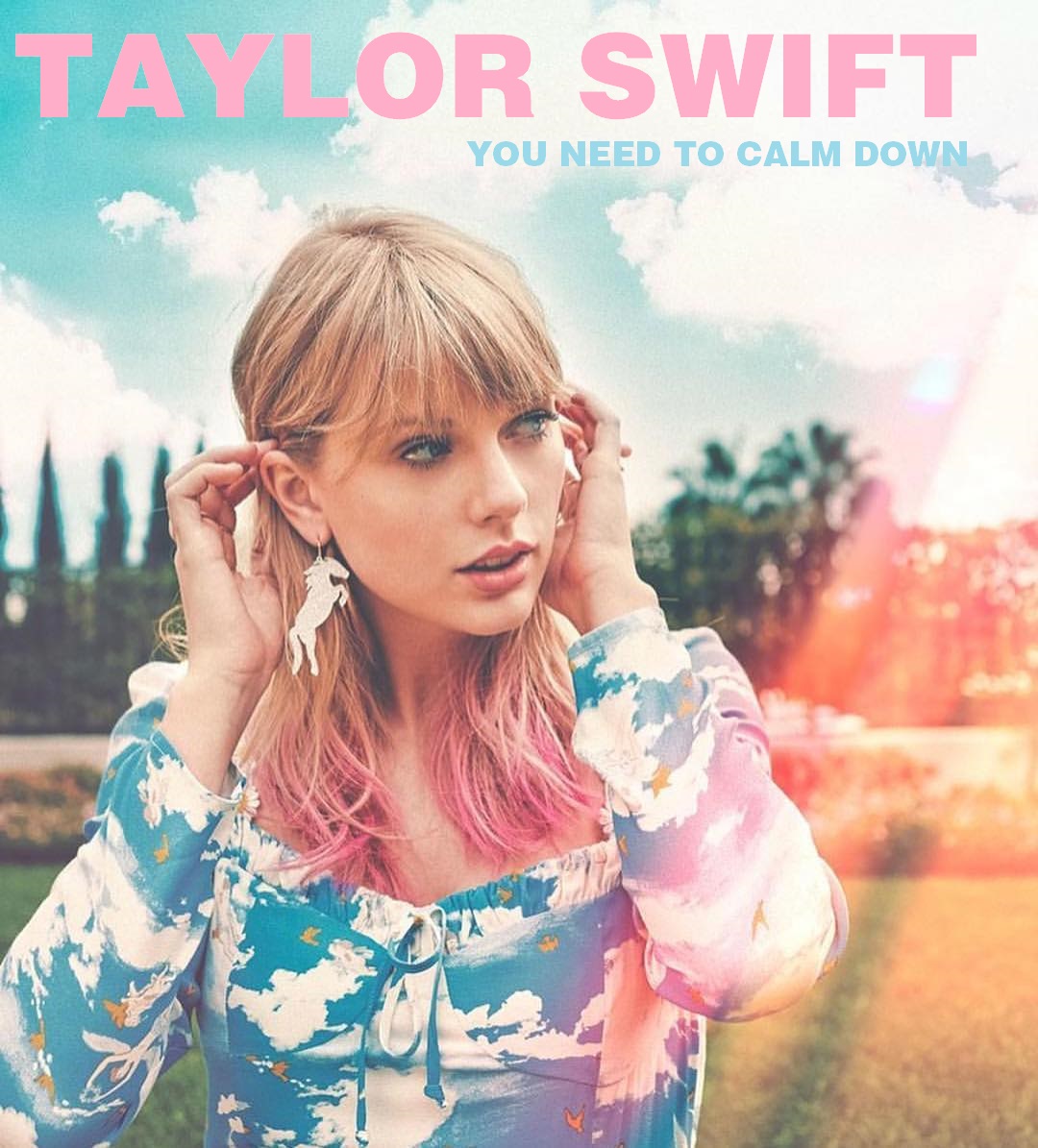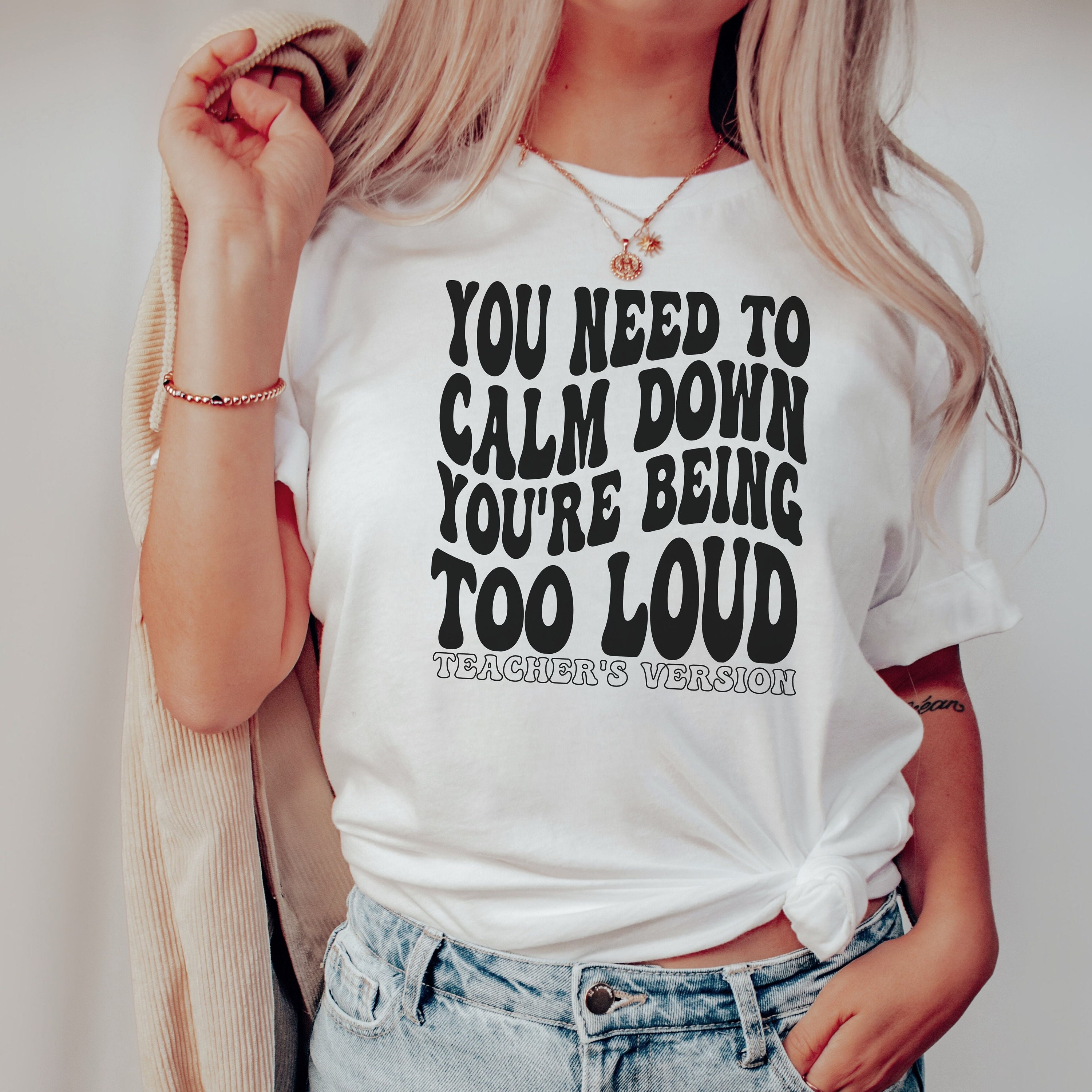In today's fast-paced world, it's easy to feel overwhelmed and stressed out. The constant demands of work, relationships, and social media can take a toll on our mental well-being. In moments of anxiety, we often hear the phrase "you need to calm down," but what does it truly mean? This article delves into the importance of calming oneself, exploring effective strategies to achieve tranquility, and understanding the underlying reasons behind our stress. By learning how to manage our emotions, we can lead happier, more productive lives.
When life's pressures mount, how we respond can significantly impact our overall health. Understanding the necessity of calming down can open the door to improved mental clarity and emotional stability. This article will provide insights on why calming down is essential, practical tips to incorporate into daily routines, and the benefits of a peaceful mindset. By the end, you will have a clearer path to achieving serenity in a tumultuous world.
Moreover, recognizing the triggers that lead us to feel overwhelmed is crucial to maintaining our peace of mind. The phrase "you need to calm down" serves as a reminder to take a step back and reevaluate our emotional responses. In this exploration, we will cover various aspects of calming down, from mindfulness techniques to the role of self-compassion in our journey toward tranquility. Let’s embark on this journey together and discover the paths that lead to inner peace.
What Are the Signs That You Need to Calm Down?
We often find ourselves on the edge of frustration without even realizing it. Here are some signs that indicate it’s time to take a breather:
- Increased irritability or frustration.
- Difficulty concentrating on tasks.
- Physical symptoms like headaches or muscle tension.
- Sleeping problems or fatigue.
How Can You Identify Your Stress Triggers?
Understanding what triggers your stress is vital for managing it effectively. Here are some strategies to help:
- Keep a journal to log your feelings and situations that cause stress.
- Observe patterns in your responses to daily challenges.
- Talk to friends or a therapist about your experiences.
What Techniques Can Help You Calm Down?
Once you identify your triggers, employing calming techniques can greatly improve your mental state. Here are some effective strategies:
- Practice mindfulness through meditation or deep-breathing exercises.
- Engage in physical activities like yoga or walking.
- Listen to calming music or nature sounds to soothe your mind.
- Limit exposure to stressful media and social networks.
How Does Your Environment Affect Your Calmness?
The environment plays a significant role in our ability to remain calm. Here are some factors to consider:
- Declutter your space to create a serene atmosphere.
- Incorporate calming colors and natural elements in your surroundings.
- Use aromatherapy with essential oils like lavender to promote relaxation.
Can You Use Breathing Techniques for Immediate Calm?
Indeed, breathing techniques are a powerful tool for instant calmness. Here are a few methods:
- The 4-7-8 technique: Inhale for 4 seconds, hold for 7 seconds, and exhale for 8 seconds.
- Box breathing: Inhale for 4 seconds, hold for 4 seconds, exhale for 4 seconds, and hold for another 4 seconds.
What Role Does Self-Compassion Play in Calming Down?
Self-compassion is vital for managing stress and anxiety. Practicing self-kindness and understanding can help you respond more calmly to challenges. Here are some ways to cultivate self-compassion:
- Speak to yourself as you would to a friend.
- Accept that imperfection is part of being human.
- Practice gratitude by acknowledging your strengths and achievements.
How Can You Incorporate Calmness into Your Daily Routine?
Consistency is key to maintaining a calm mindset. Here are some tips to integrate calming practices into your daily life:
- Set aside time each day for meditation or reflection.
- Establish a wind-down routine before bed to promote restful sleep.
- Limit caffeine and sugar intake to reduce anxiety levels.
Can You Really Change Your Response to Stress?
Yes, with practice and dedication, you can alter your response to stress. By implementing the techniques discussed, you can train your mind to react more calmly in stressful situations. Remember, it’s not about eliminating stress but learning how to manage it effectively. The next time someone tells you "you need to calm down," reflect on these strategies and embrace the journey to inner peace.
Conclusion: Why You Need to Calm Down for a Better Life
Calming down is not just a reaction to stress; it’s a necessary skill for a fulfilling life. By recognizing your triggers, practicing mindfulness, and incorporating calming techniques into your routine, you can significantly improve your mental health. Remember, the phrase "you need to calm down" is not just a suggestion; it’s an invitation to prioritize your well-being and embrace a life filled with peace and clarity.


